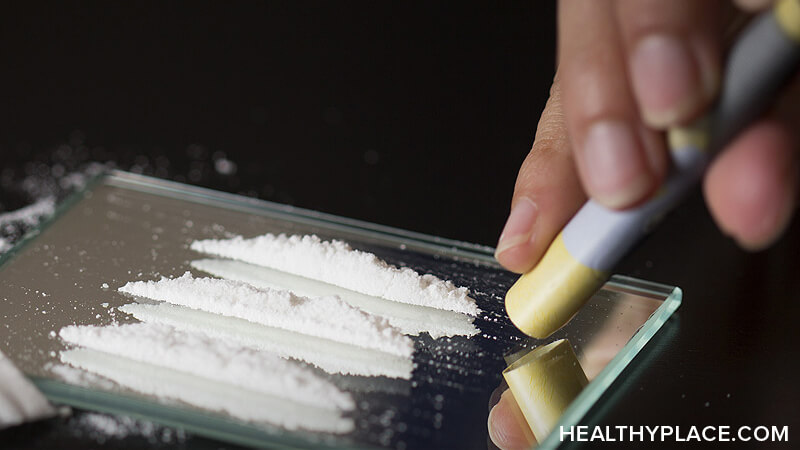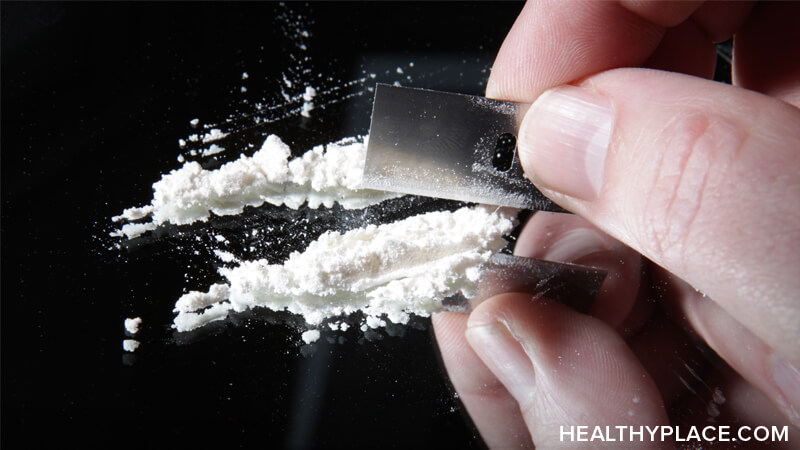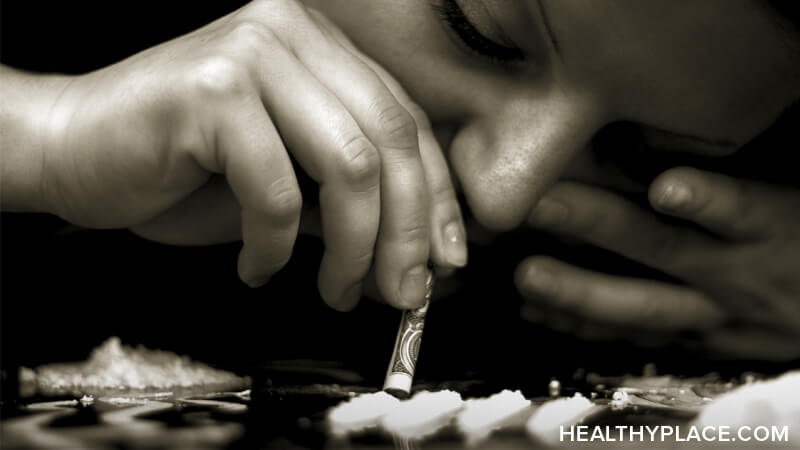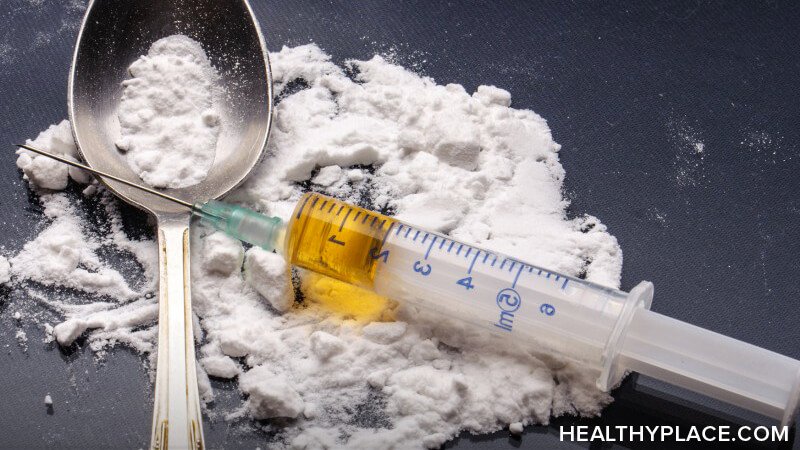Cocaine Withdrawal and Managing Cocaine Withdrawal Symptoms

Cocaine is a highly-addictive, stimulant, street drug; when a cocaine user discontinues use, cocaine withdrawal symptoms occur. Cocaine withdrawal symptoms are not always visible, but for heavy cocaine users, cocaine withdrawal symptom severity exceeds or rivals that of other withdrawal syndromes.
Cocaine facts show the drug produces a "high" or euphoric feeling by acting on chemicals in the brain. When the drug is discontinued, cocaine withdrawal symptoms immediately present themselves. These acute cocaine withdrawal symptoms are known as a "crash." Cocaine withdrawal symptoms during a crash also include a strong craving for more cocaine. More cocaine withdrawal symptoms are present in long-term cocaine users.
Cocaine Withdrawal: Cocaine Withdrawal Symptoms
Cocaine withdrawal happens after a cocaine binge and cocaine withdrawal symptoms are more problematic when a chronic cocaine user stops using cocaine. Cocaine withdrawal symptoms seen during a crash include:1
- Cocaine craving
- Fatigue, possibly appearing unresponsive
- Lack of pleasure
- Anxiety, irritability
- Sleepiness
- Movement slowness
- Agitation or extreme suspicion
For long-term cocaine users, withdrawal symptoms of cocaine, often seen after the acute cocaine withdrawal symptoms, include:
- Cocaine craving
- Agitation and restless behavior
- Depressed mood
- Fatigue, malaise
- Increased appetite
- Vivid and unpleasant dreams
- Slowing of activity
Cocaine withdrawal can be extremely intense and protracted; cocaine withdrawal symptoms of cravings and depression can last for months. These cocaine withdrawal symptoms can lead to relapse or thoughts of suicide. A relapse is particularly dangerous as it increases the risk of cocaine overdose.
Cocaine withdrawal is complicated when the user has been taking additional drugs. Other drug addictions should always be considered during cocaine withdrawal treatment.
Cocaine Withdrawal: Managing Cocaine Withdrawal Symptoms
Cocaine withdrawal is serious and managing cocaine withdrawal symptoms should always be done under the supervision of a doctor. Withdrawal symptoms of cocaine themselves may not require specific medication, but half of all cocaine addicts have some form of psychiatric disorder requiring treatment. All cocaine users should be screened for mental illness during cocaine withdrawal. Treating any present mental illness during cocaine withdrawal greatly improves the chances of staying off cocaine.
There are no FDA approved medications for the treatment of cocaine withdrawal. However, there is an investigation into drugs to treat cocaine cravings found during cocaine withdrawal. There is also research into a cocaine "vaccine" which would remove the euphoric feeling produced by cocaine; without the pleasant effects of cocaine, it is thought no one would become addicted to it.
Drugs that are being studied for their use in managing cocaine withdrawal symptoms include:2
- Alcohol antagonist drugs like disulfiram
- Anti-seizure medications like tiagabine
- Muscle relaxants like baclofen
- Wakefulness-promoting agents like modafinil
- Antipsychotics like quetiapine
Any medication used during cocaine withdrawal should be carefully evaluated to ensure that one addiction is not swapped out for another.
The most effective way to manage cocaine withdrawal symptoms is through support groups, like Narcotics Anonymous, or therapy like cognitive behavioral therapy.
APA Reference
Tracy, N.
(2021, December 15). Cocaine Withdrawal and Managing Cocaine Withdrawal Symptoms, HealthyPlace. Retrieved
on 2025, June 6 from https://www.healthyplace.com/addictions/cocaine-addiction/cocaine-withdrawal-and-managing-cocaine-withdrawal-symptoms








